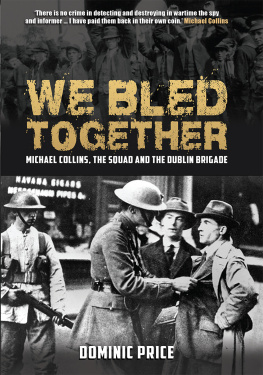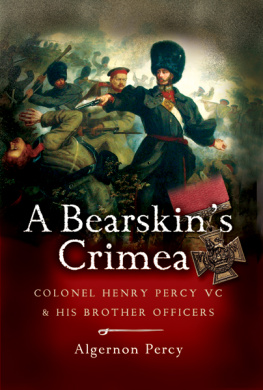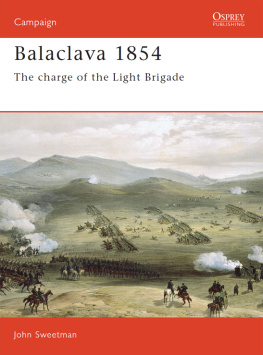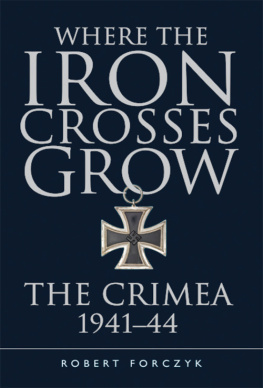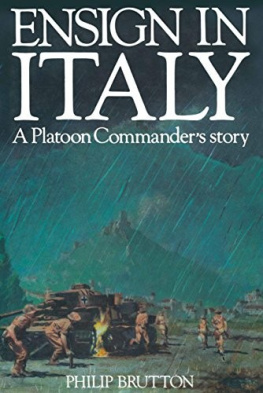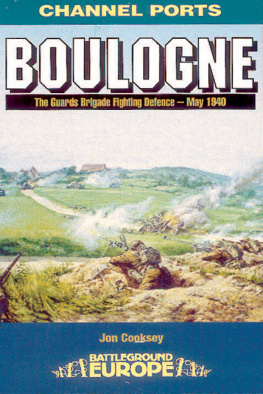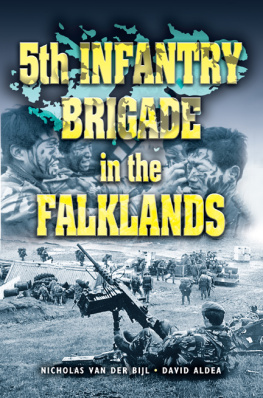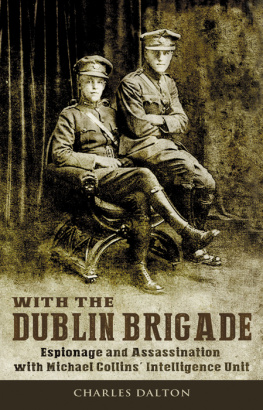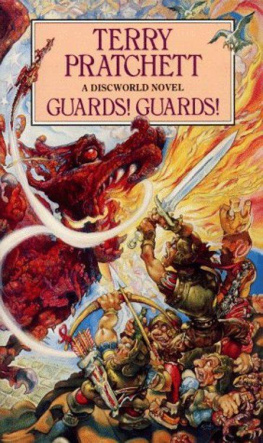Michael Springman - The Guards Brigade in the Crimea
Here you can read online Michael Springman - The Guards Brigade in the Crimea full text of the book (entire story) in english for free. Download pdf and epub, get meaning, cover and reviews about this ebook. year: 2009, publisher: Pen and Sword, genre: Romance novel. Description of the work, (preface) as well as reviews are available. Best literature library LitArk.com created for fans of good reading and offers a wide selection of genres:
Romance novel
Science fiction
Adventure
Detective
Science
History
Home and family
Prose
Art
Politics
Computer
Non-fiction
Religion
Business
Children
Humor
Choose a favorite category and find really read worthwhile books. Enjoy immersion in the world of imagination, feel the emotions of the characters or learn something new for yourself, make an fascinating discovery.

- Book:The Guards Brigade in the Crimea
- Author:
- Publisher:Pen and Sword
- Genre:
- Year:2009
- Rating:3 / 5
- Favourites:Add to favourites
- Your mark:
- 60
- 1
- 2
- 3
- 4
- 5
The Guards Brigade in the Crimea: summary, description and annotation
We offer to read an annotation, description, summary or preface (depends on what the author of the book "The Guards Brigade in the Crimea" wrote himself). If you haven't found the necessary information about the book — write in the comments, we will try to find it.
The Guards Brigade in the Crimea — read online for free the complete book (whole text) full work
Below is the text of the book, divided by pages. System saving the place of the last page read, allows you to conveniently read the book "The Guards Brigade in the Crimea" online for free, without having to search again every time where you left off. Put a bookmark, and you can go to the page where you finished reading at any time.
Font size:
Interval:
Bookmark:

Pen & Sword Military
An imprint of
Pen & Sword Books Ltd
47 Church Street
Barnsley
South Yorkshire
S70 2AS
eISBN 9781783460663
Printed and bound in the UK by Biddles
Aviation, Pen & Sword Maritime, Pen & Sword Military, Wharncliffe
Local History, Pen & Sword Select, Pen & Sword Military Classics, Leo
Cooper, Remember When, Seaforth Publishing and Frontline Publishing
PEN & SWORD BOOKS LIMITED
47 Church Street, Barnsley, South Yorkshire, S70 2AS, England
E-mail: enquiries@pen-and-sword.co.uk
Website: www.pen-and-sword.co.uk



Font size:
Interval:
Bookmark:
Similar books «The Guards Brigade in the Crimea»
Look at similar books to The Guards Brigade in the Crimea. We have selected literature similar in name and meaning in the hope of providing readers with more options to find new, interesting, not yet read works.
Discussion, reviews of the book The Guards Brigade in the Crimea and just readers' own opinions. Leave your comments, write what you think about the work, its meaning or the main characters. Specify what exactly you liked and what you didn't like, and why you think so.

